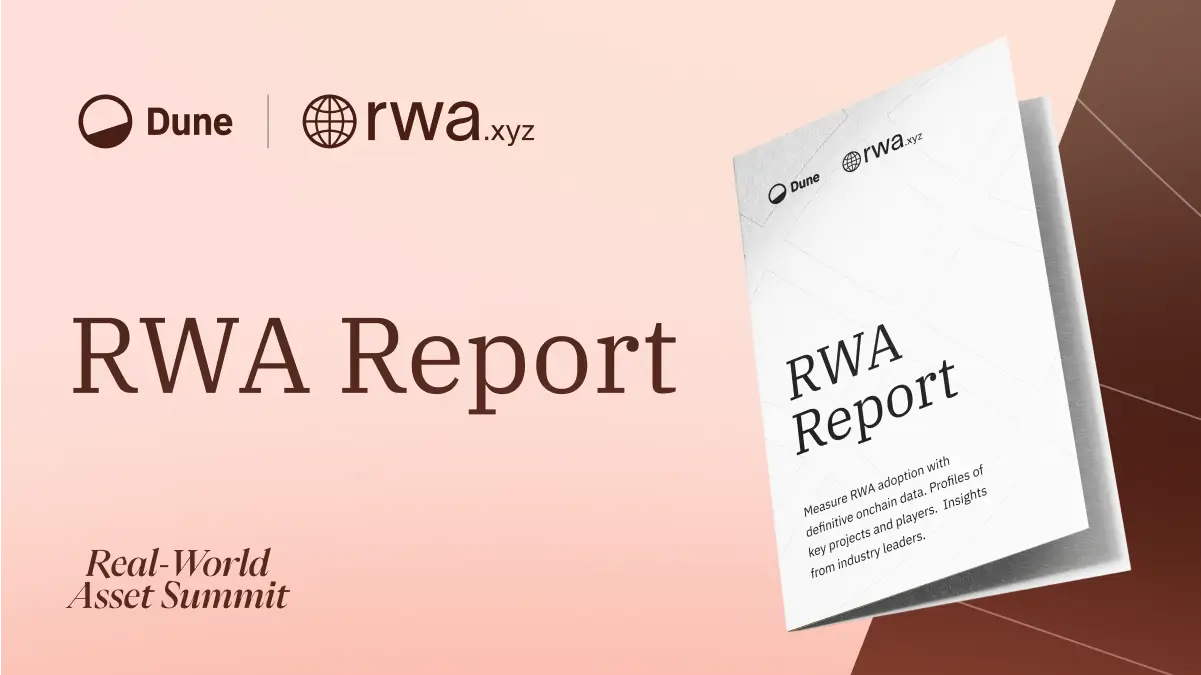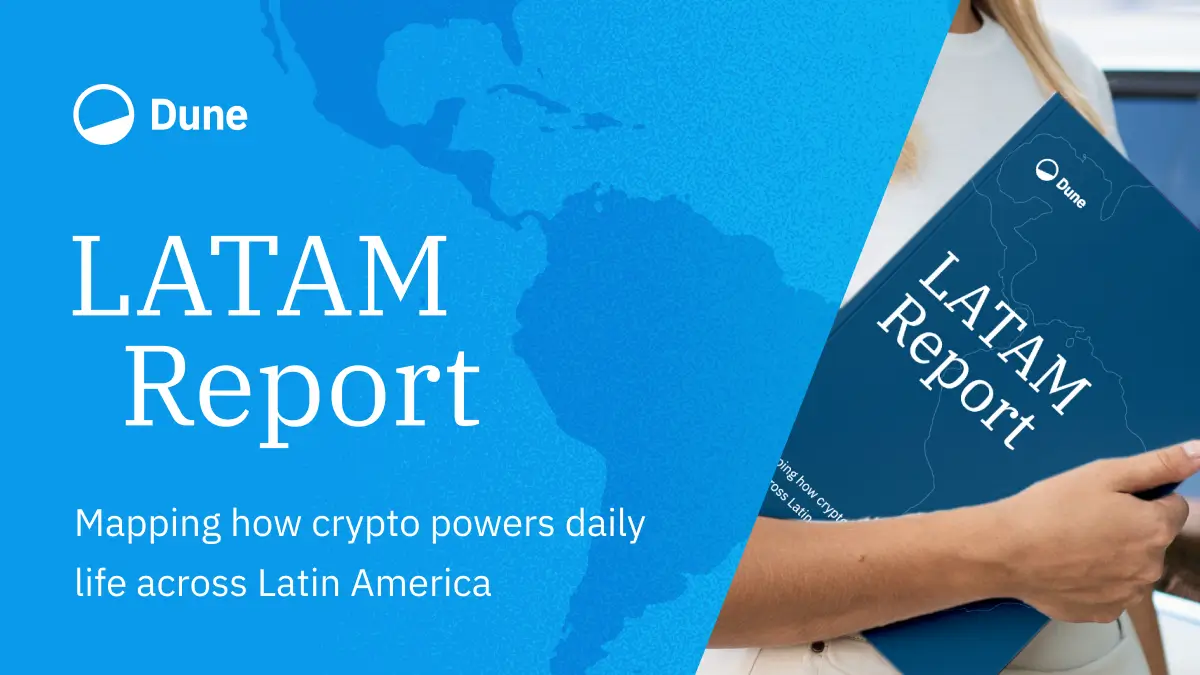Movement Against Global Consensus
The whole world doesn't need to know that you bought a coffee at your local cafe
Exclusive content

Download Content



Global consensus is a critical feature of many blockchain architectures. It ensures the entire network agrees on the validity of transactions and the state of the blockchain. However, this mechanism has become one of the primary bottlenecks in scaling blockchains and expanding the onchain economy. The reliance on global consensus is a bottleneck because not every transaction requires the entire network’s validation. For instance, the whole world doesn’t need to know that you bought a coffee at your local cafe. As blockchain networks grow, relying on a single global consensus across all applications becomes resource-intensive and time-consuming.
Various teams across blockchain space are working on distinct solutions, each focusing on different parts of the blockchain infrastructure stack. All of these efforts form a movement against global consensus. This post is how I see different pieces coming together to scale the onchain economy.
Rollups
Rollups are scaling solutions that process transactions off-chain and then submit the transaction data to the main blockchain in a compressed format. This reduces the load on the main blockchain while maintaining security through the global consensus of the base layer. There are many different architectures developed by various teams (e.g., Op Stack, ZkVM, MoveVM, SVM etc.).
Dune now supports over 75+ blockchains including rollups, check out the complete data catalog here.
Currently, it is hard for a single blockchain to support all onchain activity; that is one of the reasons users are fragmented across different rollups and chains. While it is just a matter of time until a particular blockchain or rollup will solve scaling challenges and support one gigagas transactions, the number of new rollups and blockchains will not go to zero. Some rollups may prioritize faster transaction throughput by sacrificing certain levels of decentralization, while others may focus on privacy or specific use cases like gaming or finance. Rollups will remain as important scaling solutions and cultural extensions of Ethereum (and other blockchains) as various communities and use cases will require customized solutions.
Intents Infrastructure
In a multi-chain world intents represent a shift in how users interact with blockchains. They enable expression of high-level goals or "intents" rather than specifying each transaction step. This approach decouples user actions from direct transaction execution. Intents are similar to how databases optimize query execution, where users define the desired outcome, and the system plans the most efficient path to achieve it. In the same way that a database determines the best way to retrieve data, specialized actors in the blockchain ecosystem analyze the intent and execute the optimal series of transactions (e.g., swap into WETH, then bridge to Blockchain X using Bridge Y), reducing the need to wait for a global consensus on each step.
Different projects like Reservoir, Gelato or Safe are developing infrastructure to enable intents and seamless cross-chain interactions. These tools allow users to define their desired outcomes and have the network of decentralized actors fulfill them automatically. Users can specify high-level intents like "swap a token", "manage liquidation", "pay multiple employees" or "distribute tokens", and the network handles the execution when the conditions are met.
Account abstraction plays a crucial role in intent-based infrastructure by decoupling the process of initiating transactions from the rigid structure of crypto wallets. Interfaces like ERC-4337 and ERC-5189 are examples of standards that enable account abstraction. With abstraction, wallets no longer require direct user signatures for each transaction; instead, they can delegate execution to other parties, such as solvers, relayers, or fillers, who can optimize paths and manage gas costs.
Dune provides in-depth Account Abstraction data.

Solvers
Solvers play a central role in intent-based infrastructure by optimizing and executing user-defined intents. These specialized actors analyze the high-level goals set by users, such as moving assets across chains, and determine the most efficient series of steps to achieve them. Solvers compete or collaborate to find the optimal path, considering gas costs, liquidity, and execution speed.
Solvers are crucial not only for optimizing and executing intents but also for providing liquidity. By aggregating and routing transactions, solvers ensure sufficient liquidity is available for various operations, such as token swaps or cross-chain transfers. Their role in the network includes sourcing liquidity from different pools, exchanges, or protocols and facilitating efficient trade execution. Liquidity provision is essential for maintaining smooth and effective transaction flows in DeFi where high liquidity is necessary to execute large and complex transactions.
Solvers are often seen as bad actors that only bring negative externalities to blockchains, because they can also extract MEV. Still, they also help stabilize the market, reduce slippage, and enhance the overall efficiency of blockchain operations.

Application Specific Sequencing
Application-specific sequencing refers to the concept of having custom transaction ordering mechanisms for different applications. You can check my post to learn more about transaction sequencing in general. Instead of relying on a single, global transaction sequence, individual applications can adopt their own sequencing methods that optimize for their unique needs. This differs from the current state in the Ethereum ecosystem, where Application Sequencing is coupled with Consensus-level Sequencing. Different blockchain infrastructure stacks provide different trade-offs for transaction sequencing.
Higher reliance on solvers for onchain interactions will require a more robust sequencing framework to prevent the leaking of value created by users to networks of solvers.

Credible Accounts
Credible account is a term introduced by project OneBalance.
"Each account can be thought of as a rollup which allows users to conveniently manage their state and reliably request state transitions on any chain. This is achieved through the introduction of two key concepts:"
- Accounts on credible commitment machines
- Resource locks
The framework is developed to enable seamless user experience and abstract complexities of cross-chain transactions. Instead of managing many different wallets across different chains, one credible account simplifies interaction with on-chain applications.
There will be many different projects solving the problem of multi-chain user experience in the future. It is not clear yet if OneBalance is the best solution, but it is clear that moving from protocol-centric world to account-centric world (one account for all chains) is a critical piece of the movement against global consensus.

Conclusion
The global consensus bottleneck is a fundamental challenge in the blockchain ecosystem, but solutions like rollups enable more scalable and efficient systems. Intents, credible accounts, and application-specific sequencing are crucial in creating a seamless user experience in a multi-chain world.
Intents allow users to interact with blockchains more intuitively by expressing high-level goals rather than specific transactions. Solvers play a vital role by providing liquidity, creating execution paths for intents, and minimizing slippage. Credible accounts simplify account management across many chains, while application-specific sequencing enables dApps to tailor transaction ordering to their needs. Together, these pieces of infrastructure form a movement against global consensus. They reduce complexity, enhance efficiency, and enable a more user-friendly and accessible on-chain economy.
Remarks
- "The whole world doesn't need to know that you bought coffee at your local restaurant" is a quote from OneBalance introduction.
- The quote "Movement agains global consensus" is inspired by this tweet.
Ready to bring your Blockchain to Dune?
Power your App with Dune data
Steam Dune data in your analytics environment

Want to join Dune?


Dune Datashare
Ready to get started?
Individuals + Small Teams

Enterprise




